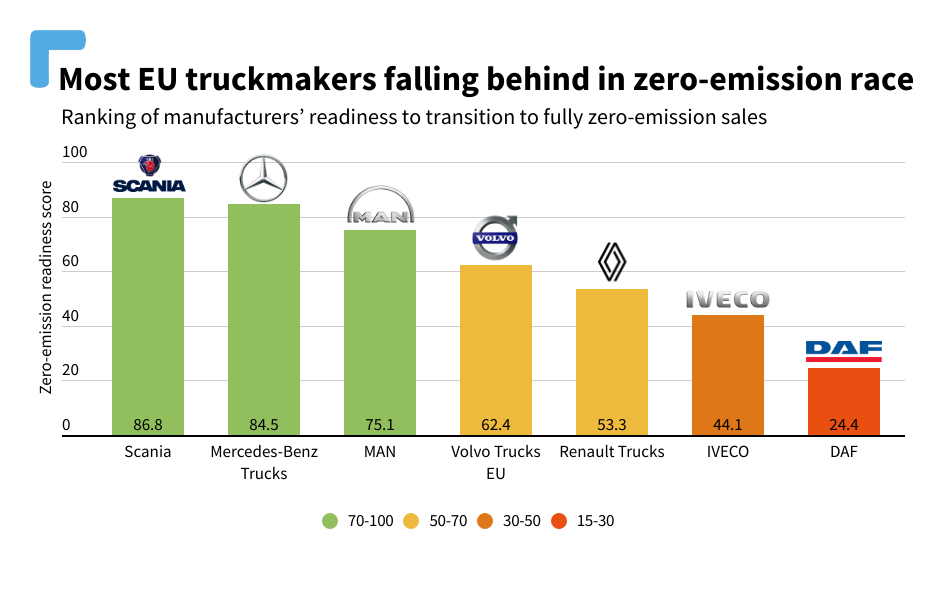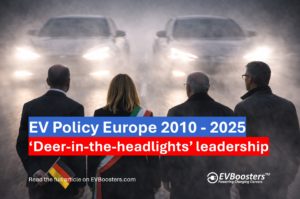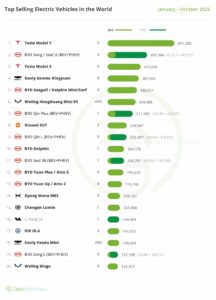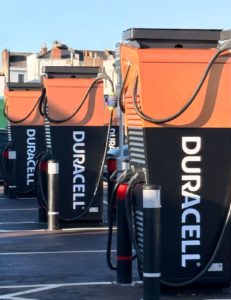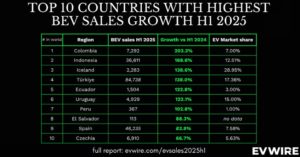When looking at global readiness, Tesla and BYD emerge as strong competitors, with Tesla’s and BYD’s experience in rapidly scaling up zero-emission manufacturing in the cars segment. European manufacturers appear to be better prepared than their US and Chinese counterparts due to forthcoming strong CO2 standards for trucks in the EU. However, voluntary commitments can be missed or changed, and there is a gap in some manufacturers’ industrial strategies.
The report emphasizes the need for stronger action, particularly in securing battery supply. Tesla, BYD, and TRATON’s Scania and MAN have already secured long-term supplies of battery raw materials, but other truckmakers risk being too late to secure materials unless they establish their own battery value chains. China’s leading position in the battery market and the support for battery supply chains in the US through the Inflation Reduction Act (IRA) pose challenges to European truckmakers.
To maintain leadership in the race, Europe can leverage the HDV CO2 emission standards. The report recommends setting ambitious CO2 reduction targets of -65% in 2030 and -100% in 2035, in line with leading manufacturers’ announcements and California’s 100% sales target for zero-emission HDVs from 2036. The scope of the regulation should also be extended to cover small trucks, vocational vehicles, and non-certified vehicles to ensure comprehensive decarbonization. Furthermore, the inclusion of fuels in the CO2 standards is discouraged, as they are seen as expensive and false climate solutions.
By implementing these recommendations, Europe can strive to stay ahead in the global race for leadership in commercial vehicle technology, ensuring that frontrunners maintain their promises, laggards catch up, and newcomers are not outcompeted. It is crucial to prioritize robust regulation and investment plans to facilitate a rapid transition to zero-emission truck sales.
